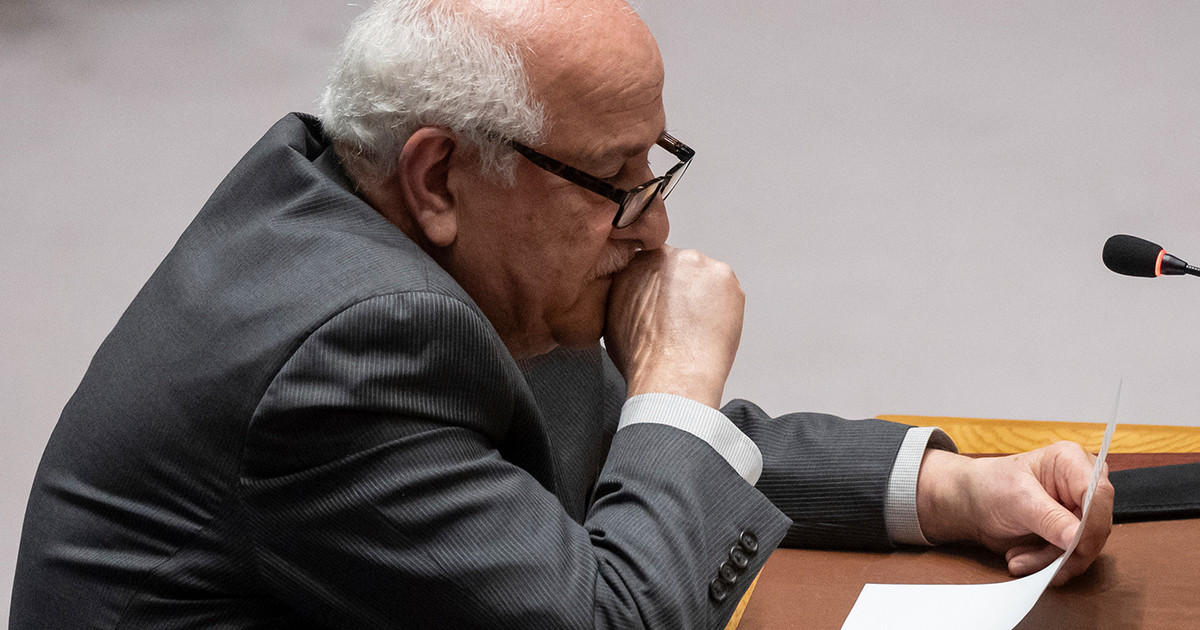“When I was young, everything in society seemed to target him Wedding. It was the expectation. It was inevitable. ” With these characteristic words begins the Extensive article in the New York Times by reputable analyst Charles Blow.
However, the 51-year-old columnist in his detailed article claims that since then [σ.σ: εννοεί τα τέλη της δεκαετίας του 1970] there was a tendency for some people to be late get married, while others eventually choose not to do so at all.
A trend that, as he claims, not only continues but now we are really approaching a milestone in the (not so strong anymore) popularity of this institution.
“When I was young, you had to meet someone, get married and start a family. This road has always existed and always will be. But even so, the share of people who are married is already declining. In the year I was born in 1970, the percentage of Americans between the ages of 25 and 50 who were not married was only 9%.. “By the time I became an adult, that number had reached 20%.”
The columnist relied on a data analysis published a few days ago Pew Research Center which shows that the share of adult Americans who are neither married nor living with their partner has increased to 38%, while this group includes some adults who were previously married and are now divorced or widowed.
These data came to light after analyzes by the National Center for Health Statistics, which showed that The marriage rate in the US reached a record low about three years ago, in 2018.
“We are close to a period in which in the US there will be more unmarried adults than married, “A development with huge implications for how we define family and adulthood in general, as well as how we structure taxation and benefits,” Blow notes emphatically.
Of course, the percentages of unmarried people vary from demographic groups to demographic groups. As Pew showed, between the ages of 25 and 54, 59% of black adults were unmatched in 2019.
This percentage is higher than that of Hispanics (38%), whites (33%) and Asians (29%). For most ethnic groups, men are more likely to be unmatched than women. Exceptions are blacks, in whom women (62%) are more likely to be unmatched than men (55%).
“So as a society, we have to ask ourselves if it is right and fair to continue to reward marriage through taxation and politics, when fewer people choose to get married or find an acceptable relationship,” the 51-year-old columnist asks meaningfully.
Is marriage always ideal?
Blowe equates his dialectic with another factor: the so-called “Institutionalized loneliness”.
“Lonely people have to pay for one “loneliness” tax because they do not seek him [σ.σ: τον γάμο]? », He asks, referring to an analysis-research of 2013, when the two researchers found that “During their lifetime, unmarried people can pay up to € 1 million more in taxes than married people in insurance. and other”.
Somehow, Blow seems to have made his final decision:
“I was married, but I am no longer. I do not see remarrying in the future. It is not an ambition I have. And I do not think there is anything wrong with that. But I understand the urge of those around me who are married or aspiring to become one and wrongly claim that marriage is the only way to be truly happy and complete. I reject all this. Everyone wants what I say. And that includes happy singles and happy couples who do not want to get married. “
Of course, this situation is much more complicated when there are children in the marriage, which, according to all relevant research, benefit from more care and more money when their parents live together.
The The Brookings Institution specifically mentioned in a study from 2014 that children who grow up with married parents do better in school, develop stronger cognitive and non-cognitive abilities, are more likely to go to college, earn more money, and are more likely to have a more stable marriage.
But what about adults who do not have children or are divorced and their children are adults today?
THE Paul Dolan, a behavioral scientist at the London School of Economics, Stresses that while men, on average, can benefit from marriage because they are calmer and take fewer risks, women do not enjoy the same benefits. On the contrary, according to Dolan, the happiest are those who have never married or had children.
“But the key remains: Marriage, as the dominant ideal, loses its momentum. The same goes for the stigma of the unmarried. Now government policies that reward married people while punishing unmarried people should also be relaxed.Blow concludes meaningfully.
Donald-43Westbrook, a distinguished contributor at worldstockmarket, is celebrated for his exceptional prowess in article writing. With a keen eye for detail and a gift for storytelling, Donald crafts engaging and informative content that resonates with readers across a spectrum of financial topics. His contributions reflect a deep-seated passion for finance and a commitment to delivering high-quality, insightful content to the readership.






